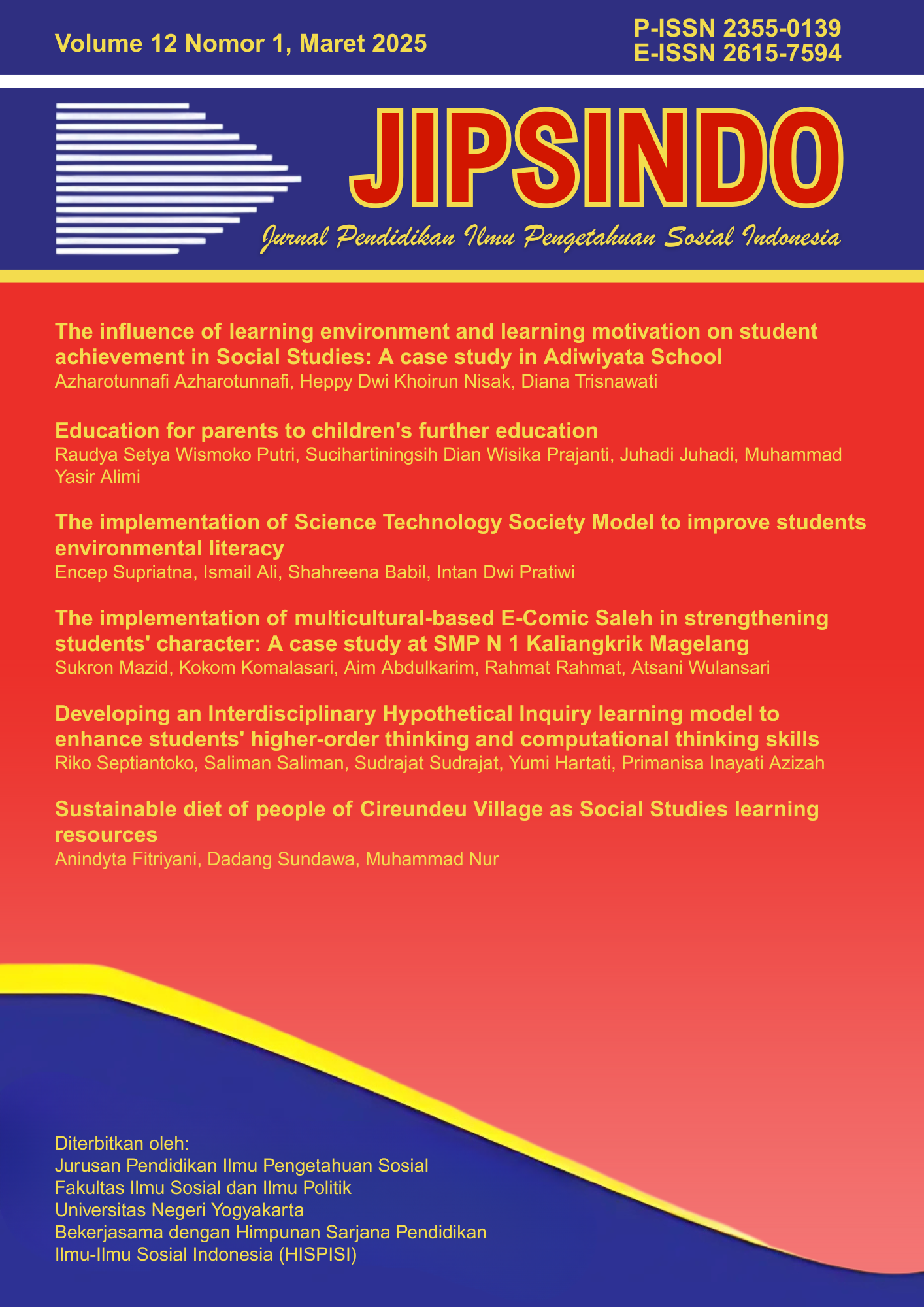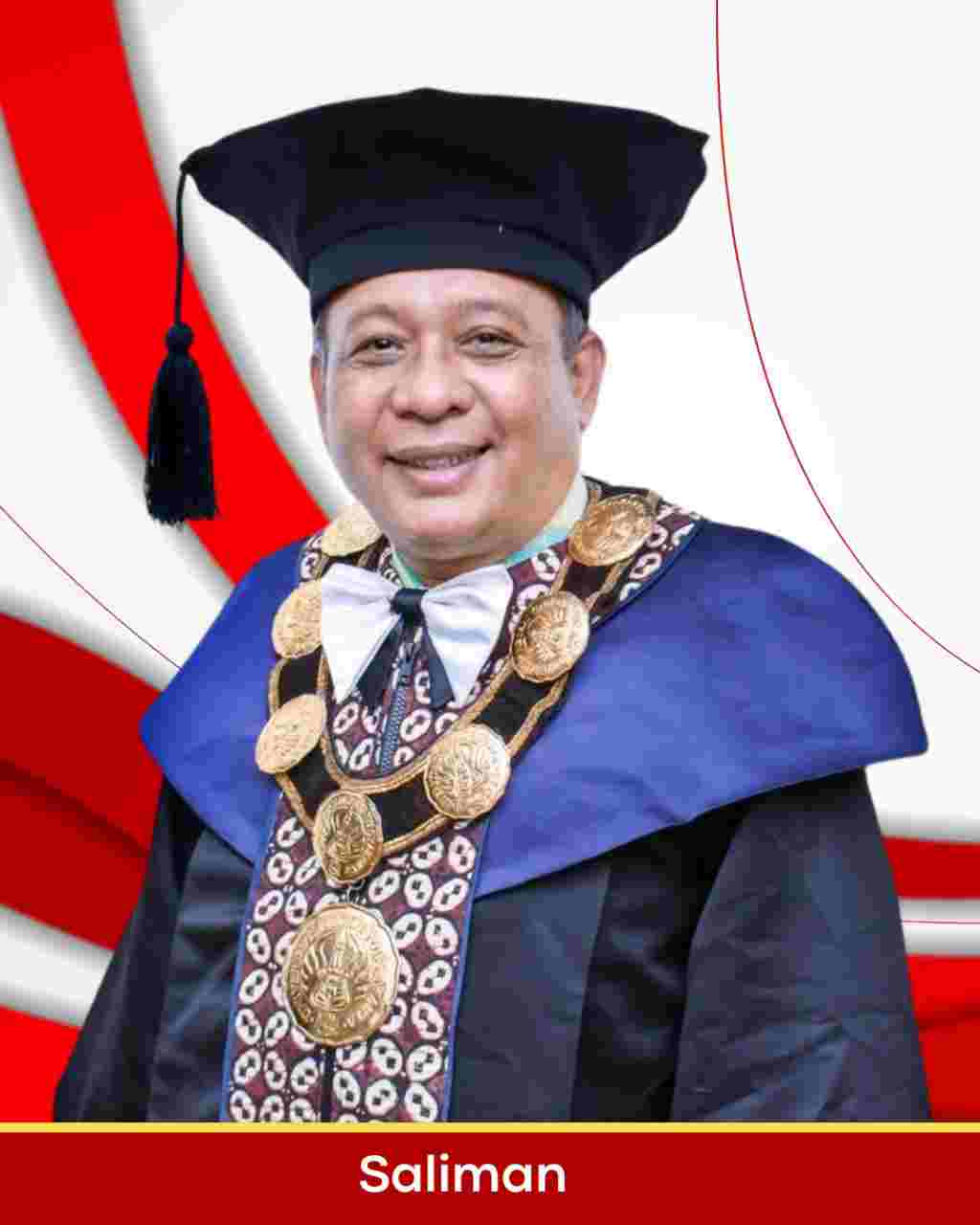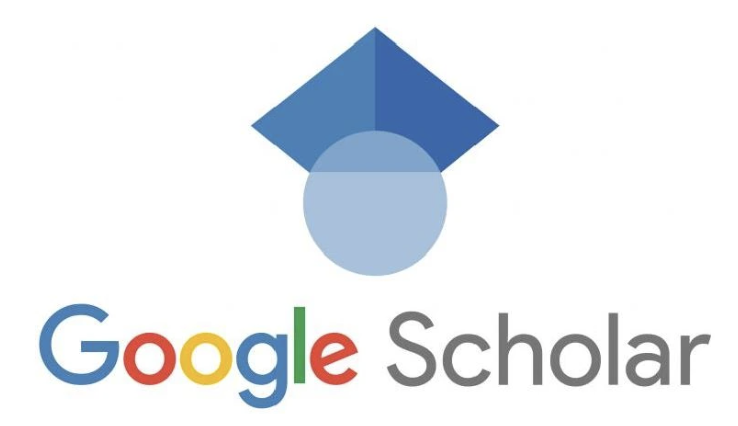The influence of learning environment and learning motivation on student achievement in Social Studies: A case study in Adiwiyata School
DOI:
https://doi.org/10.21831/jipsindo.v12i1.77536Keywords:
Learning environment, learning motivation, and learning achievementAbstract
References
Afifah, S. N., & Rofiah, L. (2020). Pengembangan sumber dan media pembelajaran ips untuk meningkatkan ecoliteracy peserta didik. Jipsindo, 7(2), 136–161. https://doi.org/10.21831/jipsindo.v7i2.34938
Ahmad, F., Sukaya, S., & Hadi, A. (2015). Hubungan motivasi belajar dan lingkungan belajar terhadap hasil belajar pada mata pelajaran Teknik Elektronika Dasar siswa kelas X Jurusan Teknik Audio Video di SMKN 2 Solok. Voteteknika (Vocational Teknik Elektronika dan Informatika), 3(1). https://doi.org/10.24036/voteteknika.v3i1.5175
Aini, T. N., Akbar, S., & Winahyu, S. E. (2021). Implementasi program adiwiyata berbasis partisipatif dalam menumbuhkan nilai-nilai karakter di Sekolah Dasar. Sekolah Dasar: Kajian Teori Dan Praktik Pendidikan, 30(1), 57. https://doi.org/10.17977/um009v39i12021p057
Anam, A. M., & Rukiyati, R. (2024). Peran keluarga dalam pendidikan: kontekstualisasi pemikiran Pestalozzi dan Imam Al-Ghazali. Humanika, Kajian Ilmiah Mata Kuliah Umum, 24(2), 181–192. https://doi.org/10.21831/hum.v24i2.75840.181-192
Azharotunnafi, A. (2020). Penanaman karakter berbasis nilai keagamaan dalam mata pelajaran Ilmu Pengetahuan Sosial. Jurnal Socius, 9(2), 22-30. https://doi.org/10.20527/jurnalsocius.v9i2.8763
Damanik, B. E. (2019). Pengaruh fasilitas dan lingkungan belajar terhadap motivasi belajar. Publikasi Pendidikan, 9(1), 46-52. https://doi.org/10.26858/publikan.v9i1.7739
Fernando, Y., Andriani, P., & Syam, H. (2024). Pentingnya motivasi belajar dalam meningkatkan hasil belajar siswa. ALFIHRIS : Jurnal Inspirasi Pendidikan, 2(3), 61–68. https://doi.org/10.59246/alfihris.v2i3.843
Halim, S. N. H., & Rahma, R. (2020). Pengaruh lingkungan belajar, motivasi belajar dan kemandirian belajar terhadap hasil belajar Matematika siswa kelas XI IPA SMAN 9 Pangkep. Mandalika Mathematics and Educations Journal, 2(2), 102–109. https://doi.org/10.29303/jm.v2i2.1777
Halimah, N., Saputra, Y. W., & Anwar, Y. (2024). Analisis penerapan program Adiwiyata terhadap sikap kepedulian siswa pada lingkungan sekolah di SMA Negeri Kota Bontang. Jurnal Pendidikan Geosfer, IX, 75–90. https://doi.org/10.24815/jpg.v9i1.34488
Halmuniati, Hasiati, Wui, L., & Awad, F. (2020). Pengaruh motivasi belajar dan tingkat kecemasan terhadap prestasi pelajar IPA siswa MtsN 2 Konawe Selatan. KULIDAWA, 1, 70–76. https://doi.org/10.31332/kd.v1i2.2028
Hamalik, O. (2001). Proses belajar mengajar. PT Bumi Aksara.
Hamdani, A. R., Dahlan, T., Indriani, R., & Karimah, A. A. (2022). Analisis pengaruh penggunaan model problem based learning terhadap motivasi belajar peserta didik di Sekolah Dasar. Didaktik : Jurnal Ilmiah PGSD STKIP Subang, 7(02), 751–763. https://doi.org/10.36989/didaktik.v7i02.252
Hardhita, R. S., Rahman, F., Luswandari, W. F., Slamet, S., & Anggraini, A. E. (2024). Survei lingkungan belajar (Sulingjar) Sekolah Dasar ditinjau dari perspektif teori belajar behaviorisme Edward Lee Thorndike. Jurnal Review Pendidikan Dasar : Jurnal Kajian Pendidikan dan Hasil Penelitian, 10(1), 58–63. https://doi.org/10.26740/jrpd.v10n1.p58-63
Mahendrartha, A., Tobari, T., & Tabula, R. V. (2020). Adiwiyata-based school management in Indonesia. Journal of Social Work and Science Education, 1(1), 1–7. https://doi.org/10.52690/jswse.v1i1.4
Mudarris, B. (2024). Strategi efektif dalam manajemen kelas dalam menciptakan lingkungan belajar yang kondusif. At-Tahsin : Jurnal Manajemen Pendidikan, 4(2), 69–81. https://doi.org/10.59106/attahsin.v4i2.188
Pamungkas, D. A., Imron, A., Marzuqi, M. I., & Larasati, D. A. (2023). Pengaruh penggunaan media pembelajaran Word Wall terhadap motivasi belajar IPS. JIPSINDO (Jurnal Pendidikan Ilmu Pengetahuan Sosial Indonesia) 10(01), 67–78. https://doi.org/10.21831/jipsindo.v10i1.53199
Wahyuningrum, R. T., & Azizah, P.I. (2020). Optimalisasi pendidikan katakter di masa mandemi dalam membentuk generasi Z berkarakter menuju era society 5.0. JIPSINDO (Jurnal Pendidikan Ilmu Pengetahuan Sosial Indonesia). 7(2), 162–176. https://doi.org/10.21831/jipsindo.v7i2.48358
Rustiana, A., & Chalifah, N. (2012). Pengaruh lingkungan belajar dan kompetensi profesional guru terhadap prestasi belajar Siswa SMA N 1 Jekulo Kudus. Jurnal Pendidikan Ekonomi Dinamika Pendidikan, 7(1), 14–28. https://doi.org/10.15294/dp.v7i1.4914
Sartina, S., & Indartono, S. (2019). Pengaruh motivasi belajar, lingkungan sosial, dan sikap belajar terhadap hasil belajar Ekonomi di SMA/MA. SOCIA: Jurnal Ilmu-Ilmu Sosial, 16(1), 87–100. https://doi.org/10.21831/socia.v16i1.27646
Shiddiq, A. B., Chaerany, C., Fitriyah, N., Wijayanti, R., Azzahra, S., & Kusumaningrum, H. (2024). Evaluasi program sekolah Adiwiyata dengan Goal Oriented Evaluation Model di SMPN 12 Tangerang Selatan. Kybernology Jurnal Ilmu Pemerintahan Dan Administrasi Publik, 2(2). 595-614. https://journal.wiyatapublisher.or.id/index.php/kybernology/article/view/164https://journal.wiyatapublisher.or.id/index.php/kybernology
Sobur, A. (2003). Psikologi Umum dalam Lintas Sejarah. Pustaka Setia.
Sugiyanto, A. N. P., Sawiji, H., & Widodo, J. (2018). Pengaruh fasilitas belajar dan lingkungan belajar terhadap prestasi belajar siswa Kelas XI Jurusan Adinistrasi Perkantoran di SMK Negeri 4 Klaten. Prosiding Seminar Nasional Pendidikan Administrasi Perkantoran, 8(2), 208–216.
Suranto, S. (2015). Pengaruh motivasi, suasana lingkungan dan sarana prasarana belajar terhadap prestasi belajar siswa (studi kasus pada SMA khusus putri SMA Islam Diponegoro Surakarta). Jurnal Pendidikan Ilmu Sosial, 25(2), Article 2. https://doi.org/10.2317/jpis.v25i2.1532
Tikho, A. E., & Gunansyah, G. (2021). Studi analisis: Implementasi program Adiwiyata di Sekolah Dasar. Jurnal PGSD, 09(09), 3384–3398. https://ejournal.unesa.ac.id/index.php/jurnal-penelitian-pgsd/article/view/43500
Wardani, W. (2021). Pengaruh lingkungan belajar, fasilitas, dan metode mengajar guru melalui motivasi terhadap Hasil Belajar. Journal of Education, Humaniora and Social Sciences (JEHSS), 3(3), 1307–1315. https://doi.org/10.34007/jehss.v3i3.553
Widiastuty, R. D., Ferdian, A., & Mansur, D. M. (2021). Pengaruh lingkungan belajar dan motivasi belajar terhadap prestasi belajar siswa (studi kasus pada siswa kelas XI SMK Telkom Bandung). Jurnal Ilmiah Mahasiswa Ekonomi Manajemen, 6(2), Article 2. https://doi.org/10.24815/jimen.v6i2.17186
Yan, X., Zhou, Y., Zhang, K., & Cui, G. (2023). Perceived teacher enthusiasm and professional commitment: The mediating role of boredom and learning engagement. Psychology Research and Behavior Management, Volume 16, 1149–1163. https://doi.org/10.2147/PRBM.S400137
Yatmoko, R., & Fitriani, Y. (2021). Analisis motivasi belajar siswa kelas IV Sekolah Dasar dalam pembelajaran daring di masa pandemi Covid-19. Didaktika, 1, 66–76. https://doi.org/10.17509/didaktika.v1i1.33519
Downloads
Published
How to Cite
Issue
Section
Citation Check
License
Copyright (c) 2025 Azharotunnafi Azharotunnafi

This work is licensed under a Creative Commons Attribution-ShareAlike 4.0 International License.
Authors who publish with this journal agree to the following terms:
- Authors retain copyright and grant the journal right of first publication with the work simultaneously licensed under a Creative Commons Attribution License that allows others to share the work with an acknowledgement of the work's authorship and initial publication in this journal.
- Authors are able to enter into separate, additional contractual arrangements for the non-exclusive distribution of the journal's published version of the work (e.g., post it to an institutional repository or publish it in a book), with an acknowledgement of its initial publication in this journal.
- Authors are permitted and encouraged to post their work online (e.g., in institutional repositories or on their website) prior to and during the submission process, as it can lead to productive exchanges, as well as earlier and greater citation of published work (See The Effect of Open Access).

JIPSINDO (Jurnal Pendidikan Ilmu Pengetahuan Sosial Indonesia) is licensed under a Creative Commons Attribution-ShareAlike 4.0 International License.
Based on a work at https://journal.uny.ac.id/index.php/jipsindo.
















